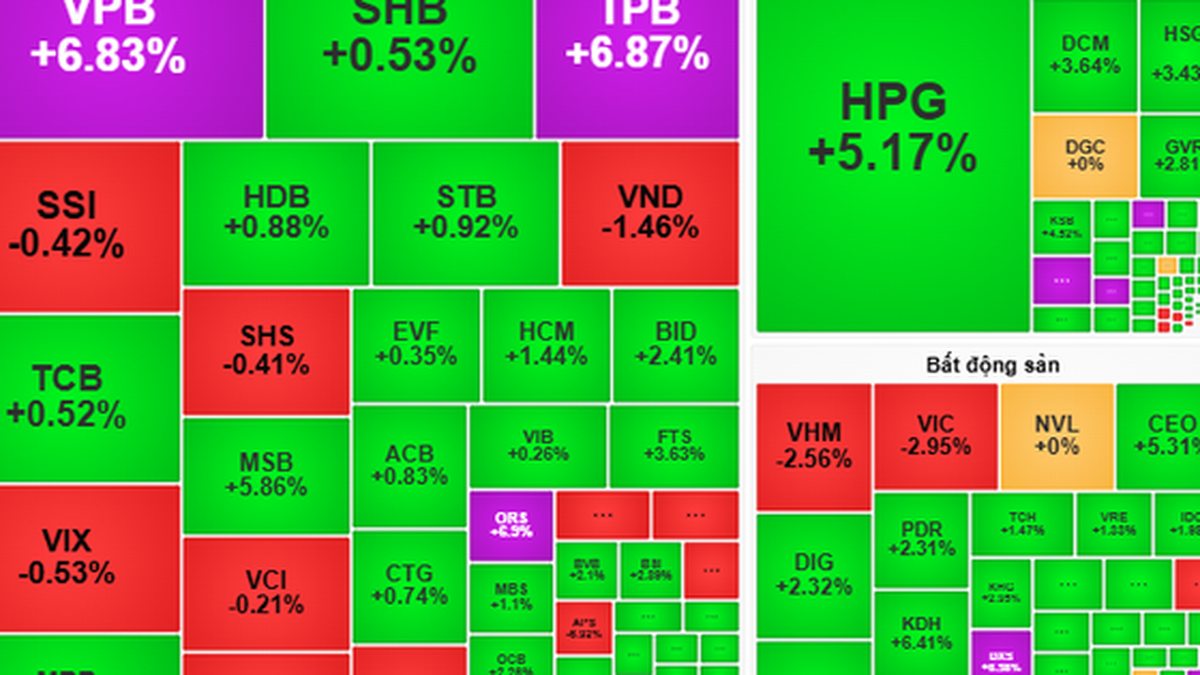The US reciprocal tax policy comes into effect (Photo: Reuters).
US Customs and Border Protection (CBP) began collecting new tariffs on US trading partners at midnight on August 7 local time after a delay.
According to a notice sent to shipping lines by CBP this week, items that were loaded and in transit to the U.S. before the midnight deadline will be allowed to enter at the old tariff rate if they arrive before October 5.
In other words, the new tariffs will not apply to foreign goods that were loaded on ships just before August 7. Shipments that are already in transit will not be subject to the new tariffs as long as they enter the US before early October. This could give importers an opportunity to stock up before the new, higher tariffs kick in.
The new tariffs start at 15% and apply to imports from economies including Bolivia, Ecuador, Iceland and Nigeria. Some other trading partners, such as Taiwan, face 20% tariffs on exports to the US market.
Previously, most imports from many countries were subject to a basic tax rate of 10%, after US President Donald Trump temporarily postponed higher reciprocal tariffs announced in early April.
He has since tweaked his tariff plan, imposing significantly higher tariffs on some countries: 50% on goods from Brazil, 39% from Switzerland, 35% from Canada and 25% from India.
On August 6, President Trump announced an additional 25% tariff on Indian goods, expected to take effect after 21 days.
The US has reached agreements with a number of major trading partners, accounting for about 40% of total US trade turnover, including the European Union (EU).
Mr. Trump's July 31 tariff measure imposed tariffs of over 10% on 67 trading partners, while maintaining a 10% rate on the remaining countries.
The new tariffs are part of a multi-layered strategy by Mr. Trump that includes “national security” tariffs on semiconductors, pharmaceuticals, autos, steel, aluminum, copper, lumber and more. Mr. Trump said on August 6 that tariffs on semiconductor chips could rise to 100%.
Financial markets have been largely unaffected by the new tariffs. Asian stocks are at or near record highs, while the US dollar is slightly down.
New data released by the US Commerce Department last week showed that prices in the US began to rise in June, especially for furniture, durable household appliances, recreational goods and automobiles.
According to AFP/Dantri.com.vn
Source: https://dantri.com.vn/the-gioi/chinh-sach-thue-doi-ung-cua-my-co-hieu-luc-20250807135747717.htm





























![[Photo] Nghe An: Provincial Road 543D seriously eroded due to floods](https://vphoto.vietnam.vn/thumb/1200x675/vietnam/resource/IMAGE/2025/8/5/5759d3837c26428799f6d929fa274493)
![[Photo] Discover the "wonder" under the sea of Gia Lai](https://vphoto.vietnam.vn/thumb/1200x675/vietnam/resource/IMAGE/2025/8/6/befd4a58bb1245419e86ebe353525f97)



































































Comment (0)